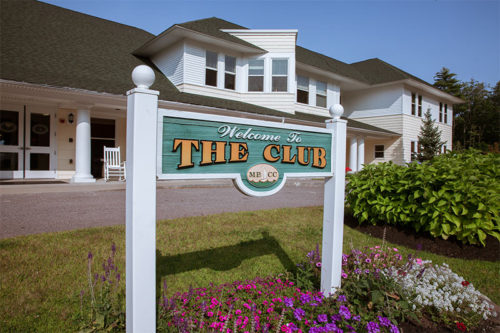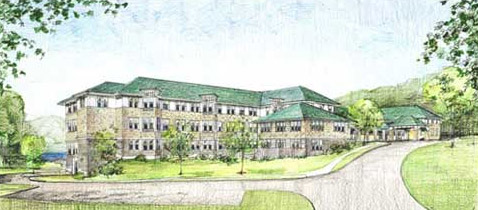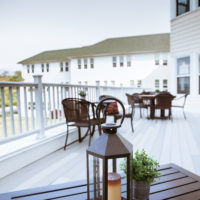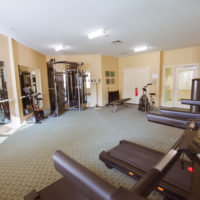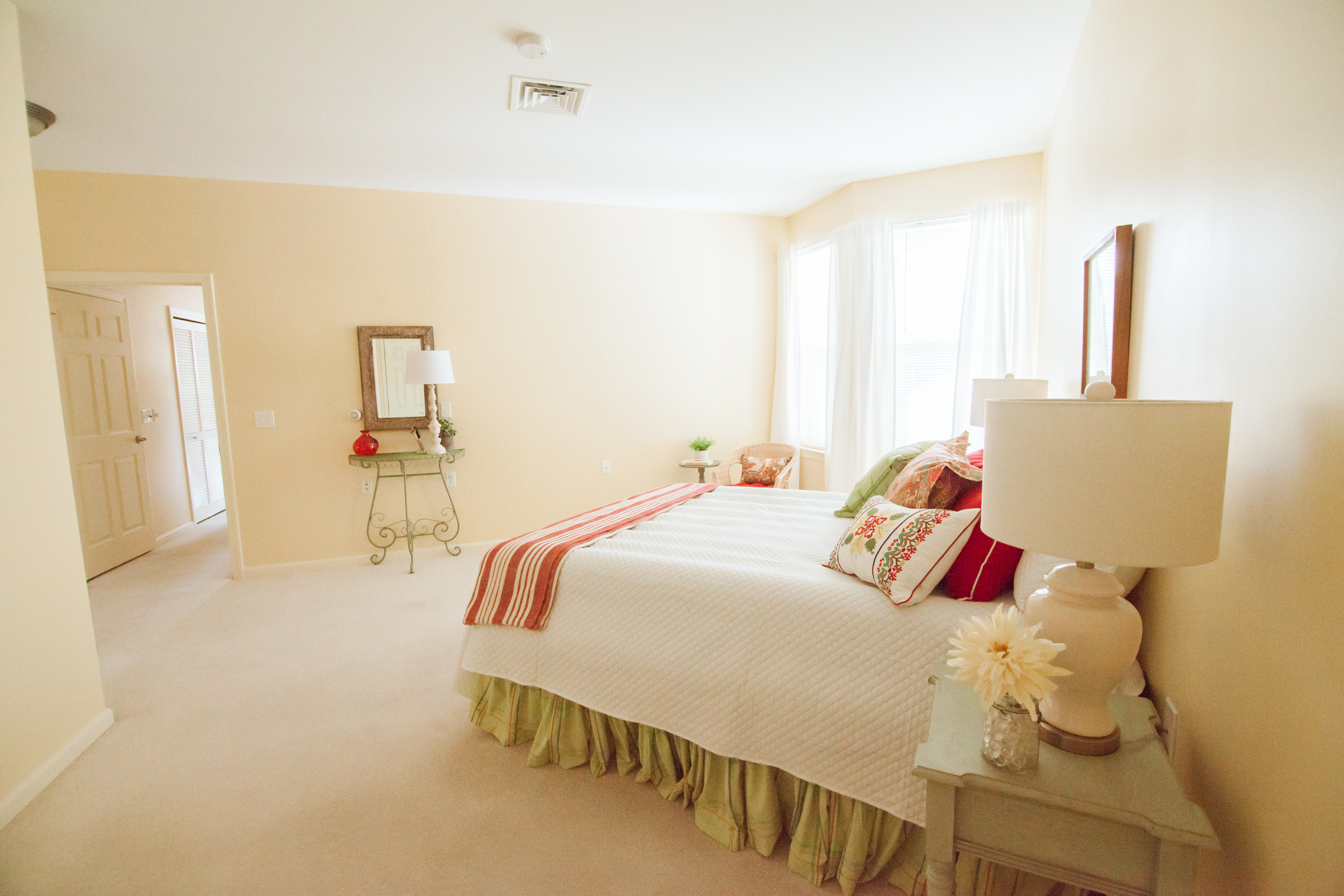
Condo or Retirement Community: Which is Right for You?
When entering retirement, many people begin to reevaluate their housing situations. Downsizing, being closer to family, and health care conditions are all important things to consider as you evaluate options for the future. Making the move into a condo or a retirement community are among the most appealing options for recent retirees.
Both condo living and retirement communities provide residents less property maintenance and more amenities than homeownership. However, there are some key differences between these two outwardly similar choices that can be deciding factors.
1. Maintenance Responsibilities
The first important distinction between the two is your responsibilities for property maintenance. In both a condo and retirement community you can expect that exterior maintenance will be taken care of. However, interior maintenance is often a different story. In a condo complex, you can anticipate being responsible for any interior maintenance issues, whereas, in a retirement community, both interior and exterior maintenance will be taken care of for you.
2. Social Opportunities
How much you want to socialize with your neighbors is completely up to you, and both these options will provide different opportunities.
Retirement communities will generally have more shared common space, such as fitness centers, wellness centers, a library, events room, game rooms, and dining areas. Similarly, within communities, there is often a director who organizes events and group trips for those who wish to partake.
Condos, on the other hand, will likely offer less common space and amenities and do not typically have dining venues on-site. Social opportunities at most condo associations are organized and run by volunteer members of the association.
Both choices will offer more social opportunities than found in most single-family neighborhoods. Whatever option someone chooses, the right place within close proximity to friends and family should provide retirees with plenty of social opportunities.
3. Cost
Cost is a substantial factor for many, and it’s important to understand that the fees attached to each of these options will cover different things.
Condos will have monthly association fees, which cover exterior maintenance, and shared amenities. You will be responsible for covering the costs of your utilities, water, sewer, electricity, cable television, internet, property taxes, repairs, and maintenance associated with your unit.
Retirement community fees typically bundle all the property maintenance costs including interior maintenance, utilities, taxes, amenities, events, and convenience services in the monthly rates that cover your expenses.
How appealing you find either option may be based on your perception of the level of services you want your new community to offer. Understandably, some may not wish to be charged monthly fees that encompass more than what they intend to use. However, some retirement communities, such as Meredith Bay Colony Club, offer a la carte services and amenities, which combines the best of both options.
So, before making your final decision be sure to look into what exactly your monthly fees cover, and if any flexibility on amenities and services is available.
4. Final Thoughts: Future Healthcare Needs
No matter where you are, it’s important to have a plan should your healthcare needs increase.
If living in a condo, increased health needs often result in home-care services or assistance from family, so factoring in costs and determining what your family is capable of is important. Some find it preferable or necessary to move to an assisted living facility under these circumstances. If moving, selling the condo will also be something to consider.
Retirement communities often have services available for those who develop increased healthcare needs. When considering your options, it may be beneficial to look for communities that also have assisted living or available services should you need more care or assistance in the future.
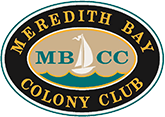
 Next Post
Next Post


